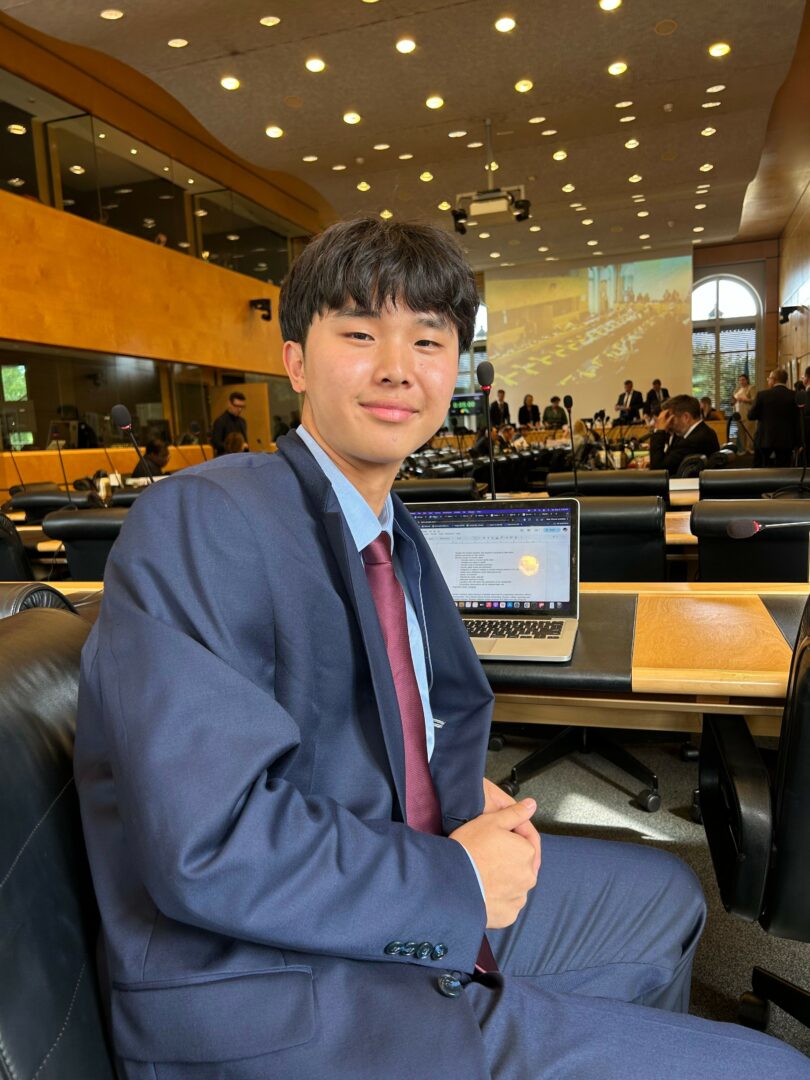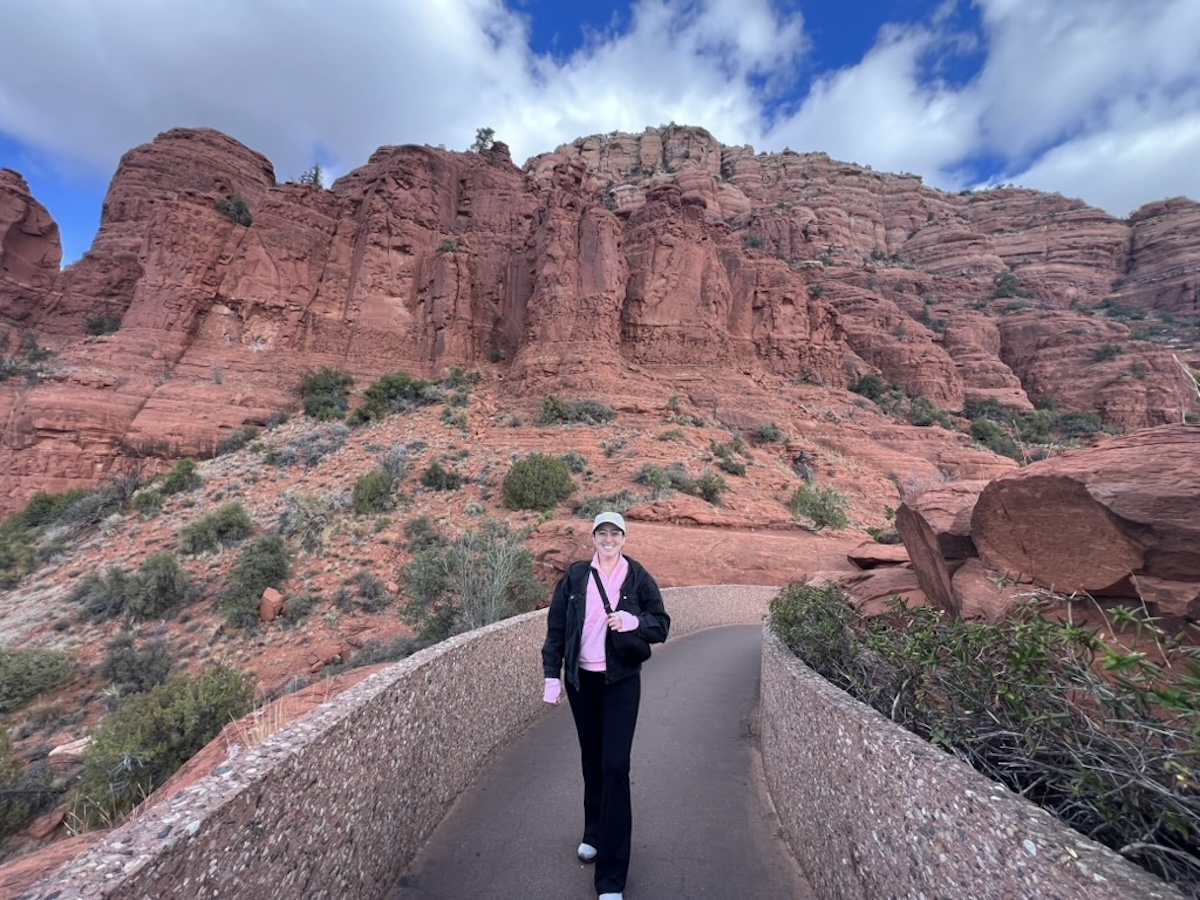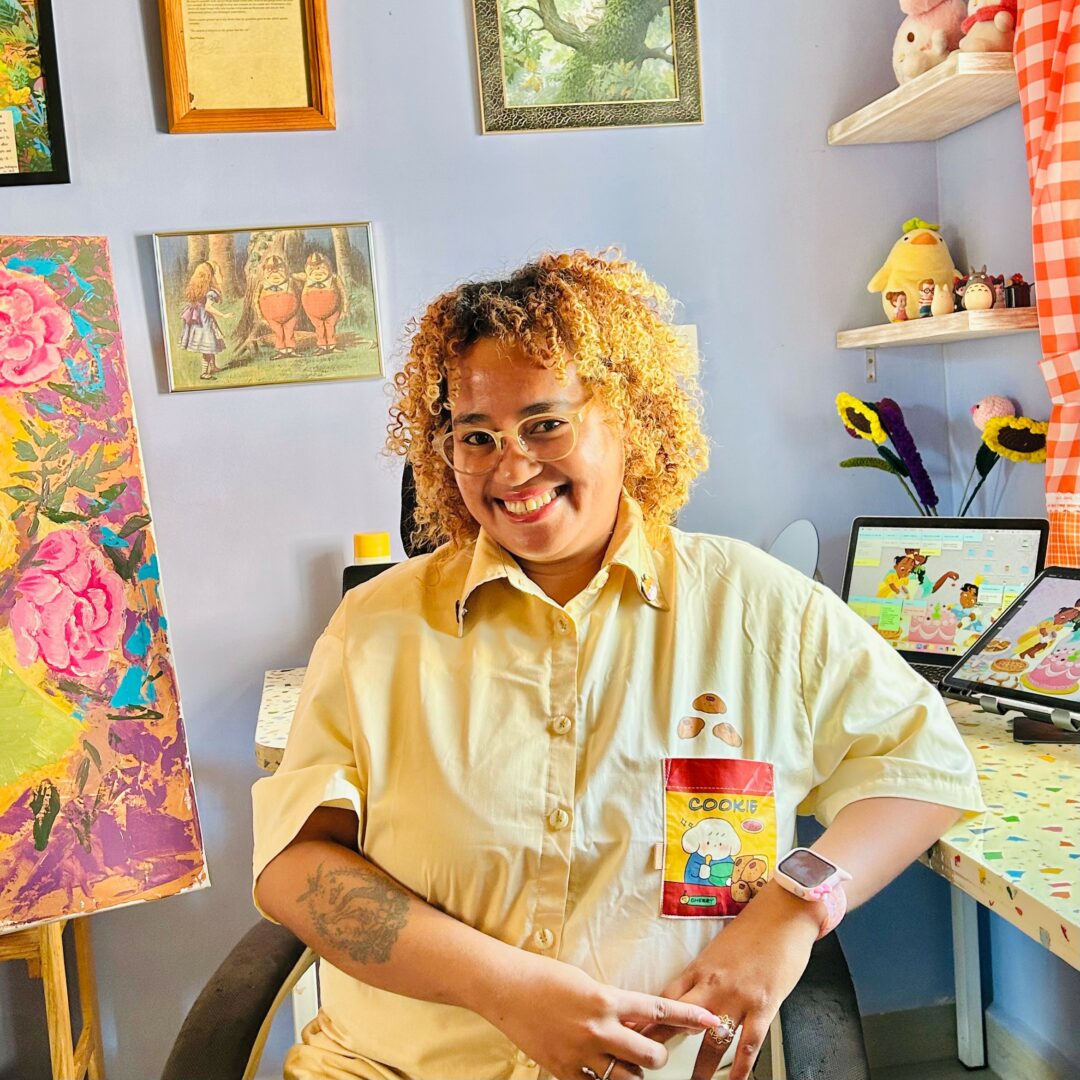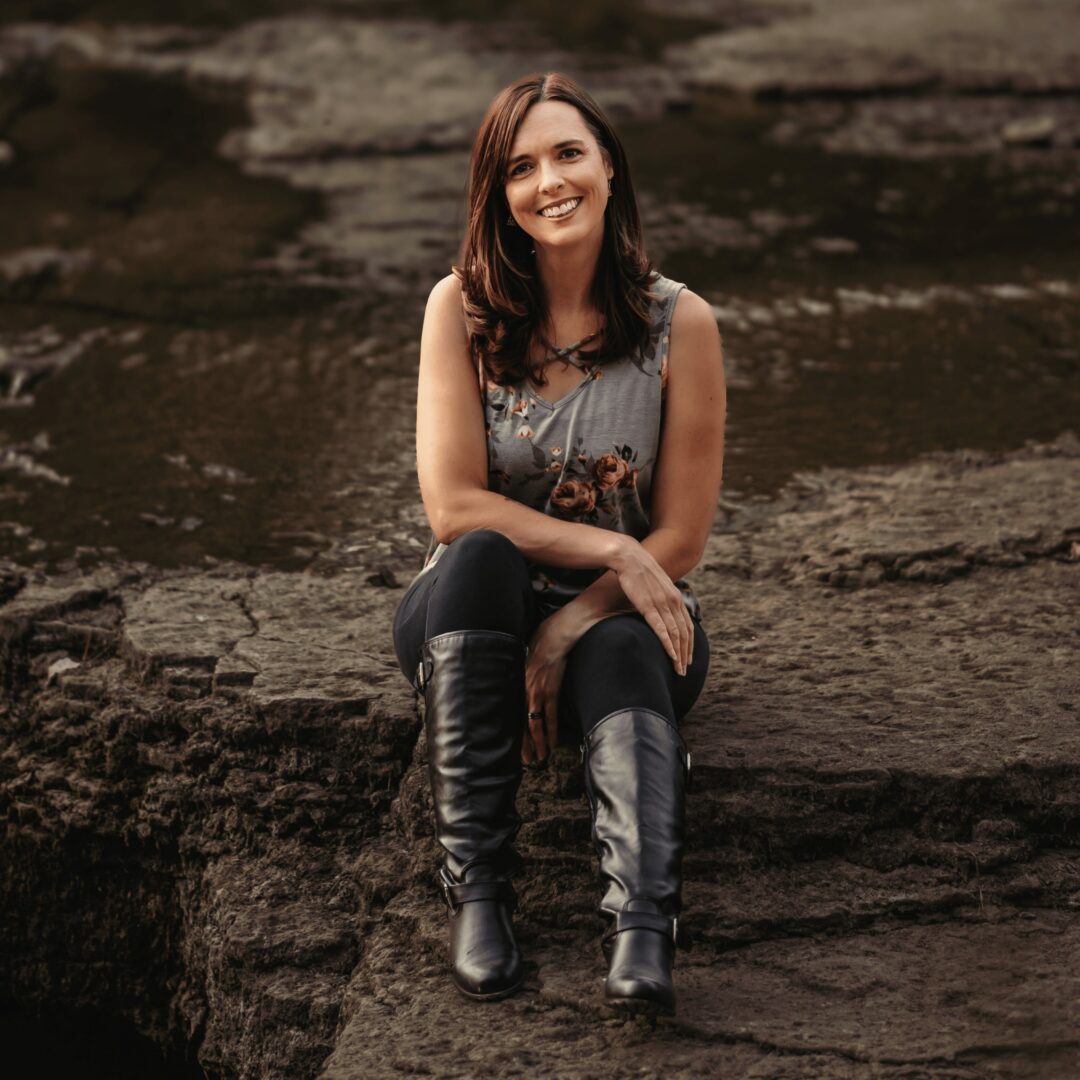Alright – so today we’ve got the honor of introducing you to James Jin. We think you’ll enjoy our conversation, we’ve shared it below.
Hi James, really happy you were able to join us today and we’re looking forward to sharing your story and insights with our readers. Let’s start with the heart of it all – purpose. How did you find your purpose?
I found my purpose in the spaces where I wasn’t supposed to exist. As a neurodivergent kid who couldn’t sit still, who doodled through lectures and hid in stairwells during lunch, I spent years being told I was the problem. Teachers called my parents, classmates avoided me, and I felt invisible, that was until I discovered Jean-Michel Basquiat as a sophomore. Seeing an artist who transformed his “racing thoughts” and “societally unacceptable vandalism” into masterpieces showed me that my “messy” mind wasn’t broken; it was just different. That realization sparked a question I couldn’t ignore: how many other kids like me were being told they were problems instead of artists, burdens instead of entrepreneurs, invisible instead of essential? I founded ArtFlow not because I had all the answers, but because I wanted to create the space where others could find their own answers, where neurodivergent students from diverse backgrounds could see themselves as capable, creative, and worthy. I founded a like-minded committee with peers that had similar callings. We worked endlessly often spending hours a day visiting workshops, reaching out to partners, or meeting with other organizations. ArtFlow now operates in 9 countries and 20+ cities supporting over 25k individuals (10 countries with a partnership with Orphans and Widows of Africa where we secure art materials and provide online lessons from our ArtFlow tutors for hundreds of orphans in Niger). Still, our purpose isn’t just creating art or building organizations that scale, rather it’s helping others realize that they were never meant to fit in; they were meant to stand out.
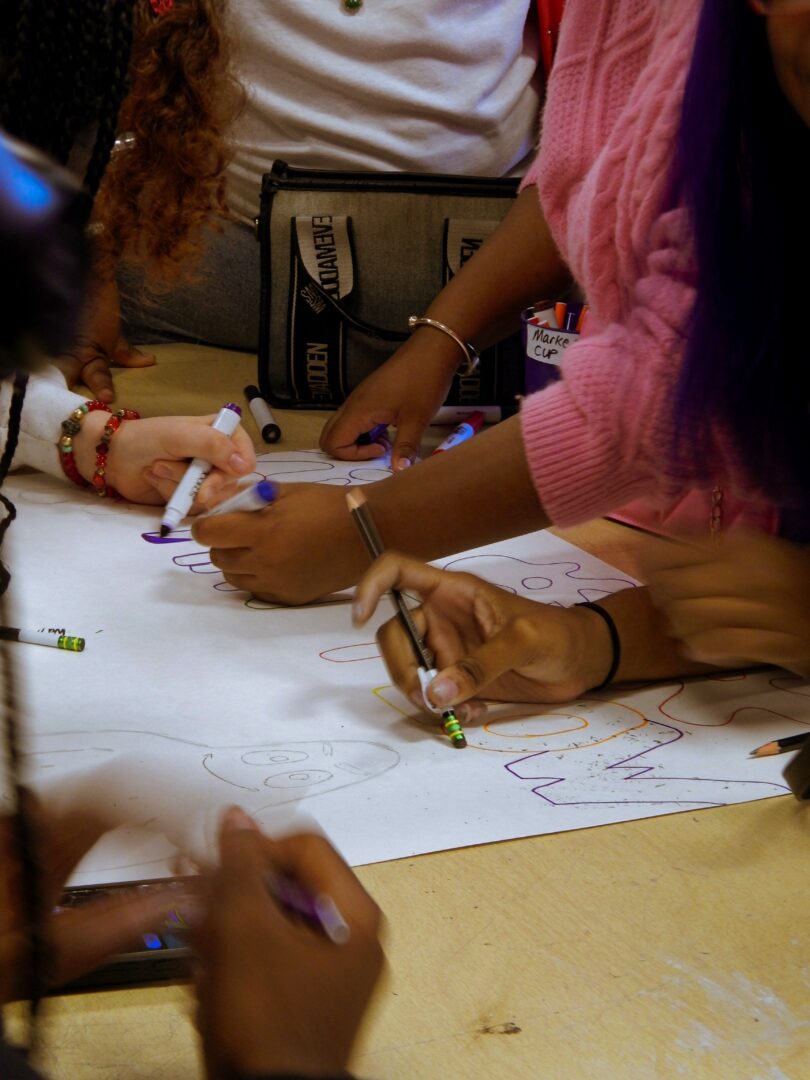
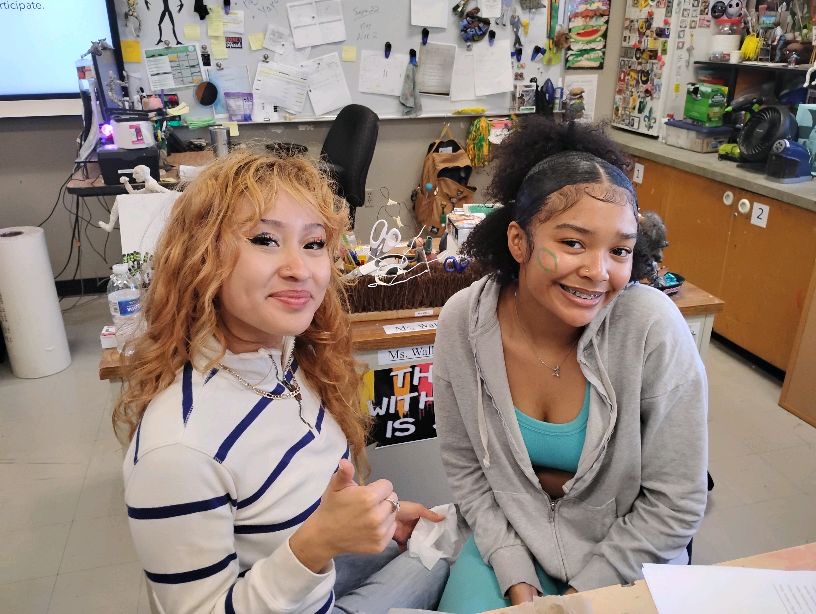
Thanks for sharing that. So, before we get any further into our conversation, can you tell our readers a bit about yourself and what you’re working on?
I’m the founder of ArtFlow, a nonprofit that mentors neurodivergent and racial minority youth through creative artistic expression. What started in a single classroom at my high school in Memphis has grown into an international movement spanning over 10 countries, 20 cities, and reaching more than 25,000 students across 200+ schools. The most exciting part? We’re not just teaching art, we’re revolutionizing how society views neurodivergent minds. After receiving my ADHD diagnosis and discovering that legends like Pablo Picasso and Leonardo da Vinci were neurodivergent, I realized these aren’t disabilities to fix, but different ways of seeing the world that deserve celebration. We’ve partnered with numerous institutions from Memphis Shelby County Schools, where we have reached almost every single school to other institutions such as AlForsan International Schools across the world in Saudi Arabia. We have also partnered with numerous museums and community centers to open many exhibitions and out-of-school workshops to the public! Recently, representing ArtFlow and our partnerships with other International NGOS, I made history as the youngest person to participate in the 78th Session of the United Nations Committee on Economic, Social and Cultural Rights (CESCR) in Geneva, Switzerland, where I delivered a briefing on disability rights that shaped UN questioning and policy commitments. UN experts even referenced my research during their inquiry with Russian officials. What I want people to know about ArtFlow is this: we’re not just an art program, we’re a movement proving that neurodivergent youth aren’t problems to be fixed, but powerful voices with perspectives the world needs to hear.
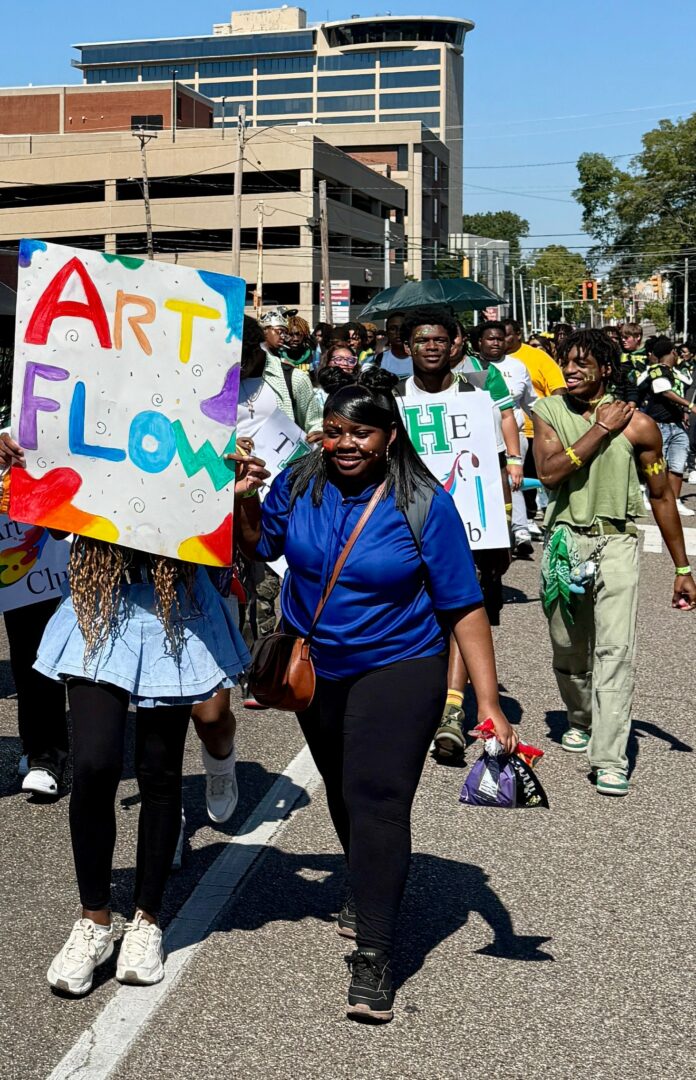
There is so much advice out there about all the different skills and qualities folks need to develop in order to succeed in today’s highly competitive environment and often it can feel overwhelming. So, if we had to break it down to just the three that matter most, which three skills or qualities would you focus on?
1. Refuse to see “different” as “broken.” For years, I was told my fidgeting was disruptive, my doodling was distraction, my racing thoughts were problems. The most transformative moment wasn’t learning I had ADHD; it was reframing it as a different way of processing the world. I stopped asking “what’s wrong with me?” and started asking “what’s possible with how I think?” My advice: Whatever makes you different (your background, your brain, your struggles), that’s not your limitation. That’s your lens. The world doesn’t need another person trying to fit the mold; it needs your specific perspective. Stop apologizing for being different and start embracing it and bringing your much needed individual qualities to our world.
2. Start before you’re ready. I didn’t wait until I had funding, a board of directors, or a perfect plan. I started ArtFlow with folding chairs in a classroom, teaching myself nonprofit paperwork through YouTube videos at 2 AM. I made mistakes, plenty of them. I once accidentally scheduled three events on the same day. I’ve sent emails with embarrassing typos to major partners. But every mistake taught me something no classroom could. My advice: Stop waiting for permission or perfection. Stop waiting for someone to validate you to start. Start with what you have, where you are. That “messy first draft” of your idea? Launch it this week. You’ll learn more in one month of doing than in a year of planning. Don’t be afraid to fail, the more you fail the more experience you gain. The people who change the world aren’t the ones with flawless execution; they’re the ones who took the first step in addressing a problem.
3. Measure success by who you serve, not what you achieve. The highlight in my leadership came when a student opened his ADHD diagnosis letter with tears of relief, whispering “thank you for believing in me.” That moment mattered more than any award or headline. Real impact isn’t about how many schools we’re in or how many UN briefings I deliver; it’s about whether the individual in front of me feels seen. My advice: Build your metrics around people, not prestige. Before making any decision, ask: “Does this serve the people I’m trying to help, or does it serve my ego?” The most fulfilling work happens when you stop counting followers and start counting the lives you’ve genuinely touched. Fame is loud but fleeting. Service is quiet but lasting.
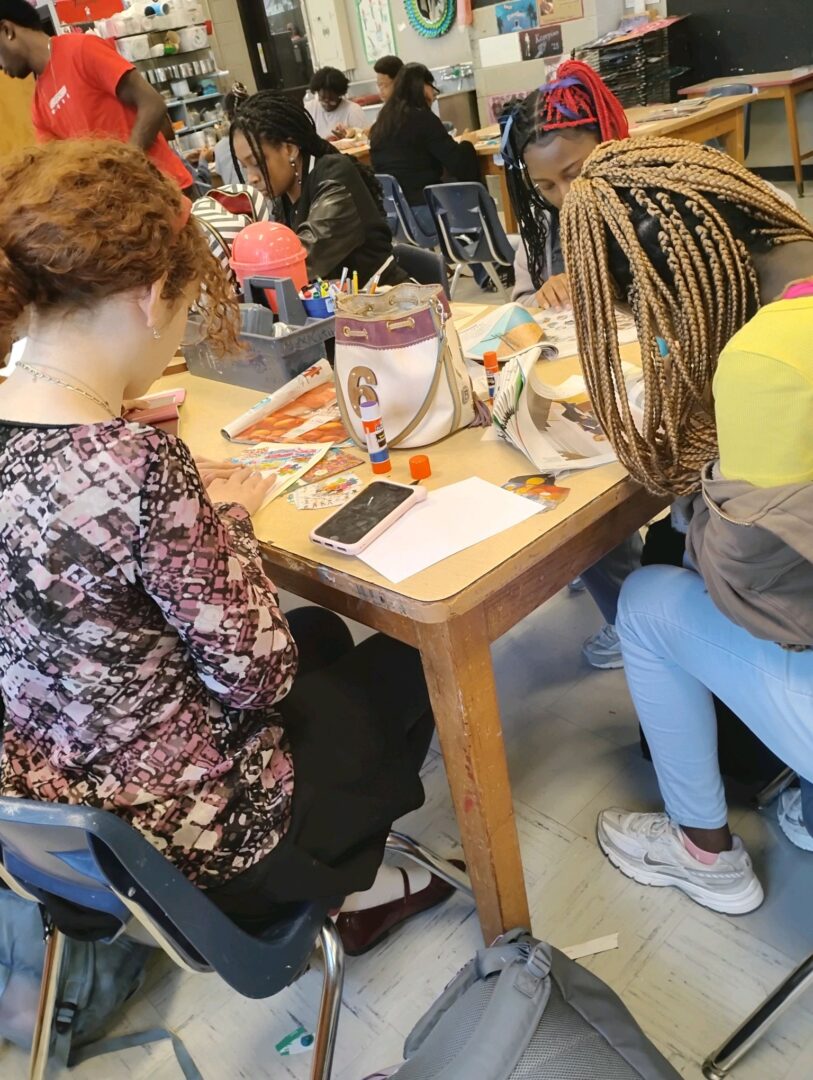
How can folks who want to work with you connect?
Where ArtFlow stands now would never have been possible without collaboration, so we’re actively seeking partners who share our vision of making art accessible for neurodivergent and underserved youth. Whether you’re a director of an Art institution or museum, school district or educator, coporate partner or art supply company, or simply a college student or high schooler looking to be involved in our mission, our doors are always open for collaborations. You can connect with us through our website at artflowstudio.org or follow our journey on Instagram at @artflowusa. If you want to start an ArtFlow chapter in your city, donate supplies, offer exhibition space, or simply learn more about our work, reach out. The beauty of ArtFlow is that it started with one person in one classroom, and now it’s a movement because people believed in the mission and joined in. We’re building something bigger than any one person, and there’s room for everyone who wants to help neurodivergent youth realize their creative potential.
Contact Info:
- Website: https://artflowstudio.org
- Instagram: @artflowusa
- Linkedin: https://www.linkedin.com/company/artflow-non-profit/
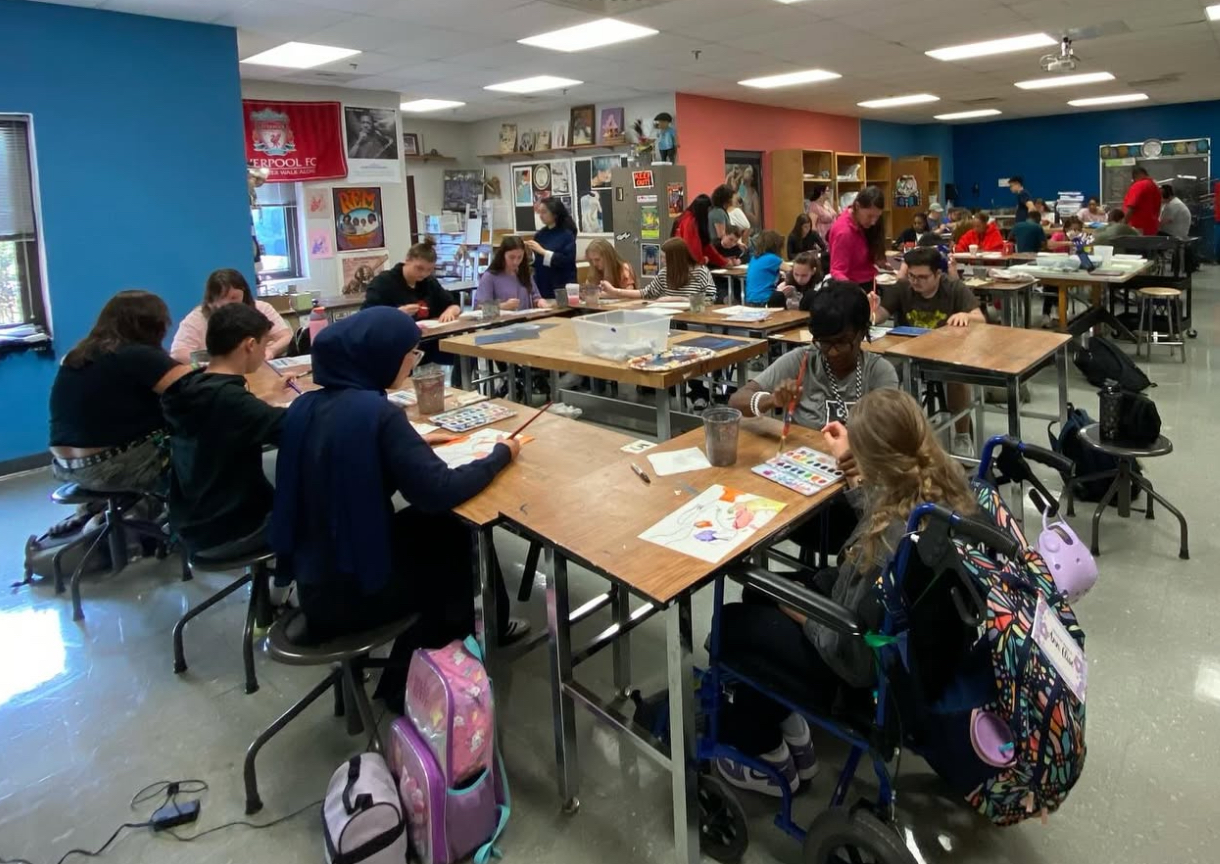
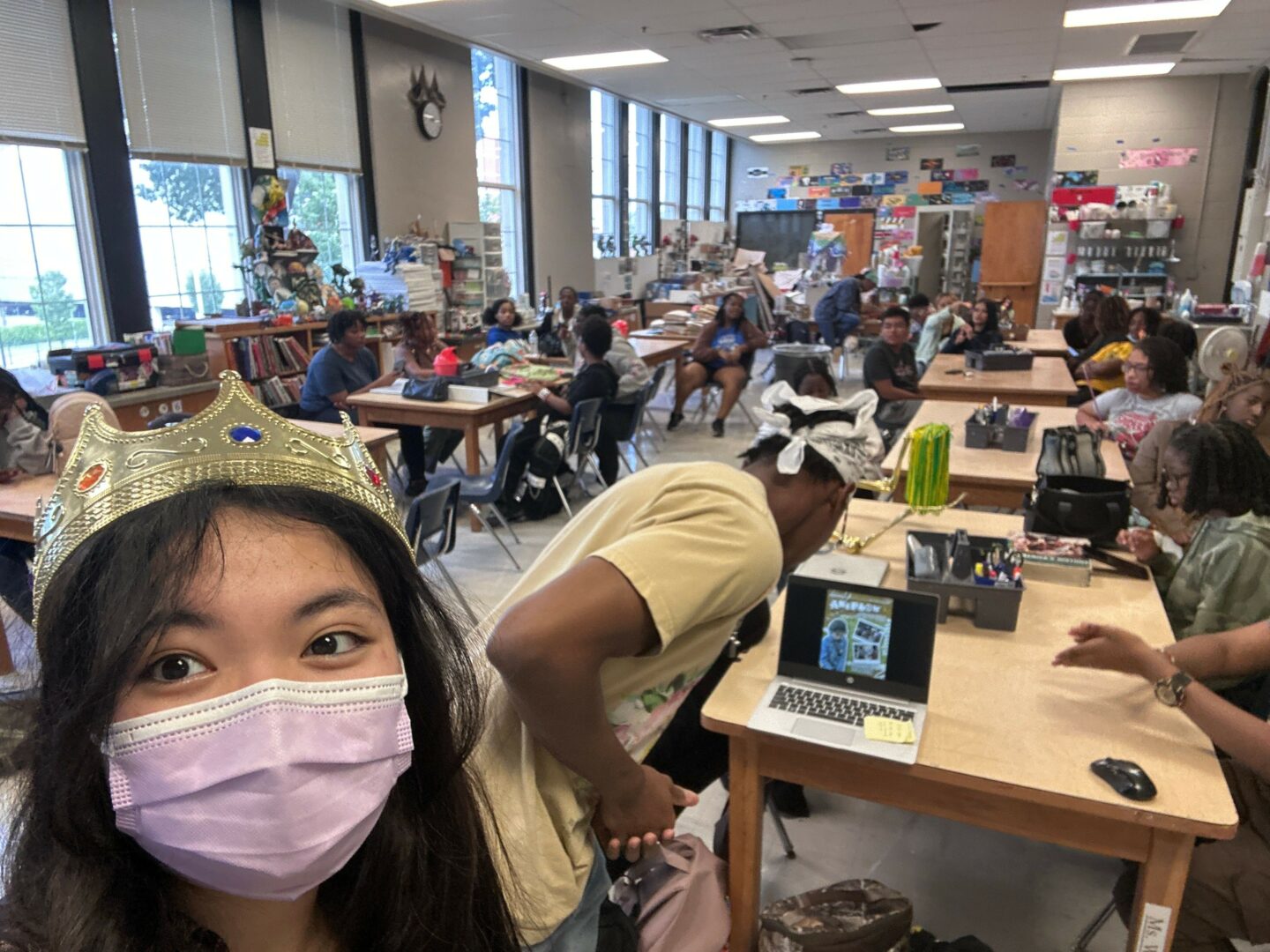
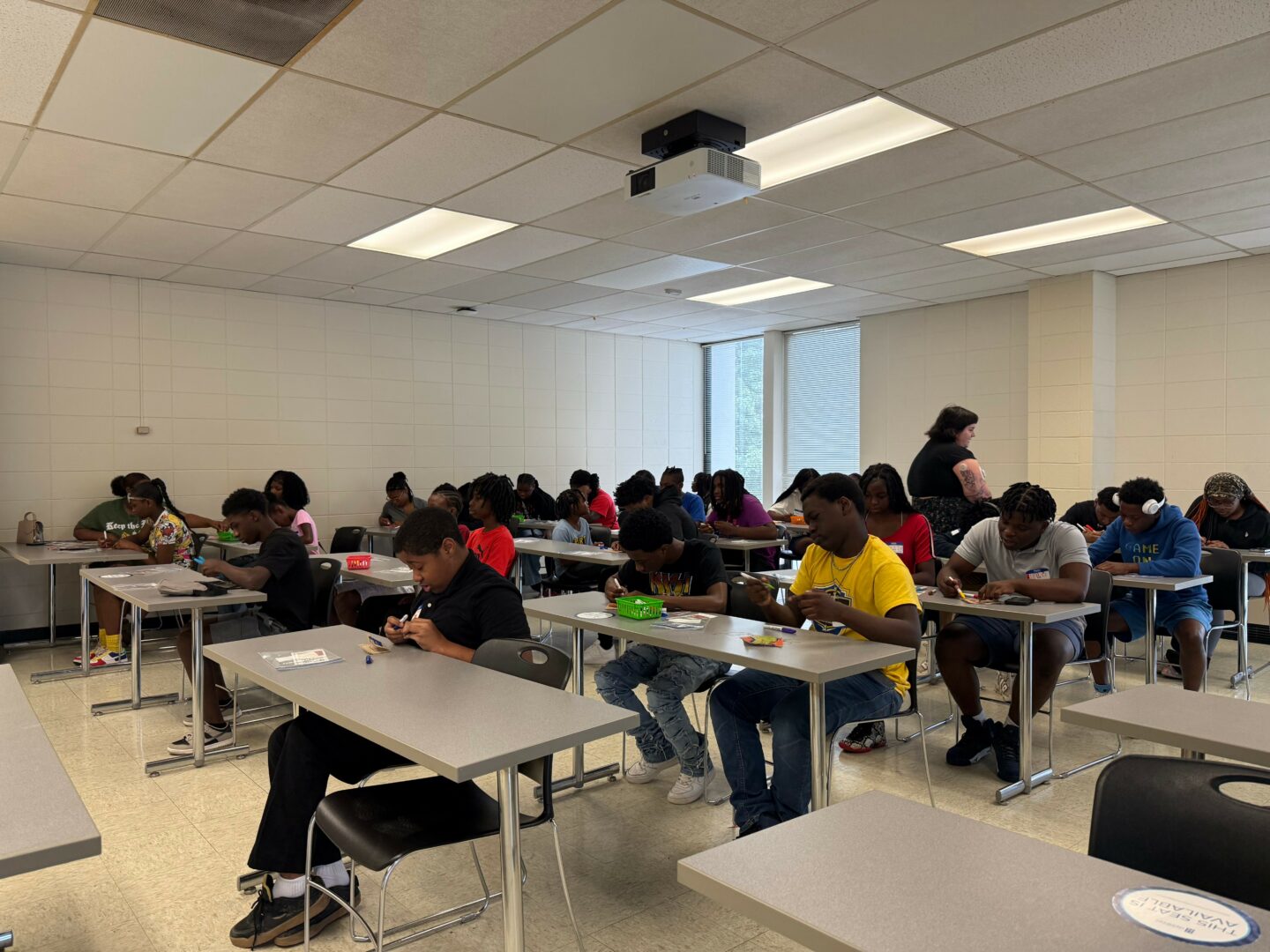
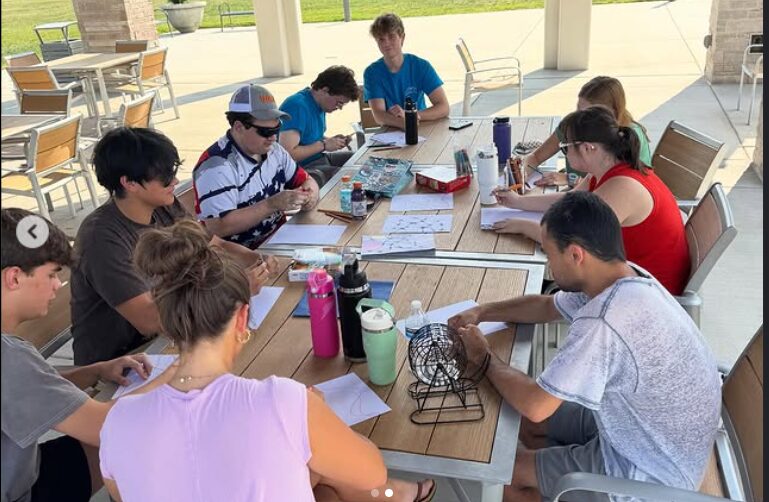
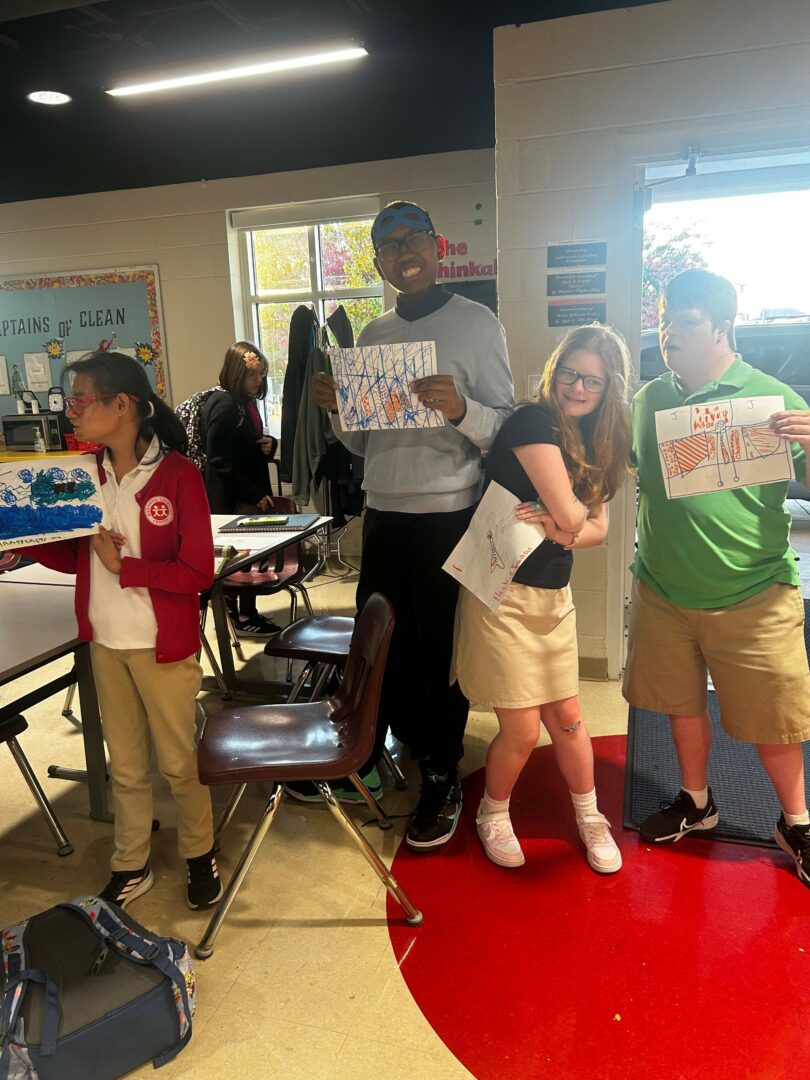
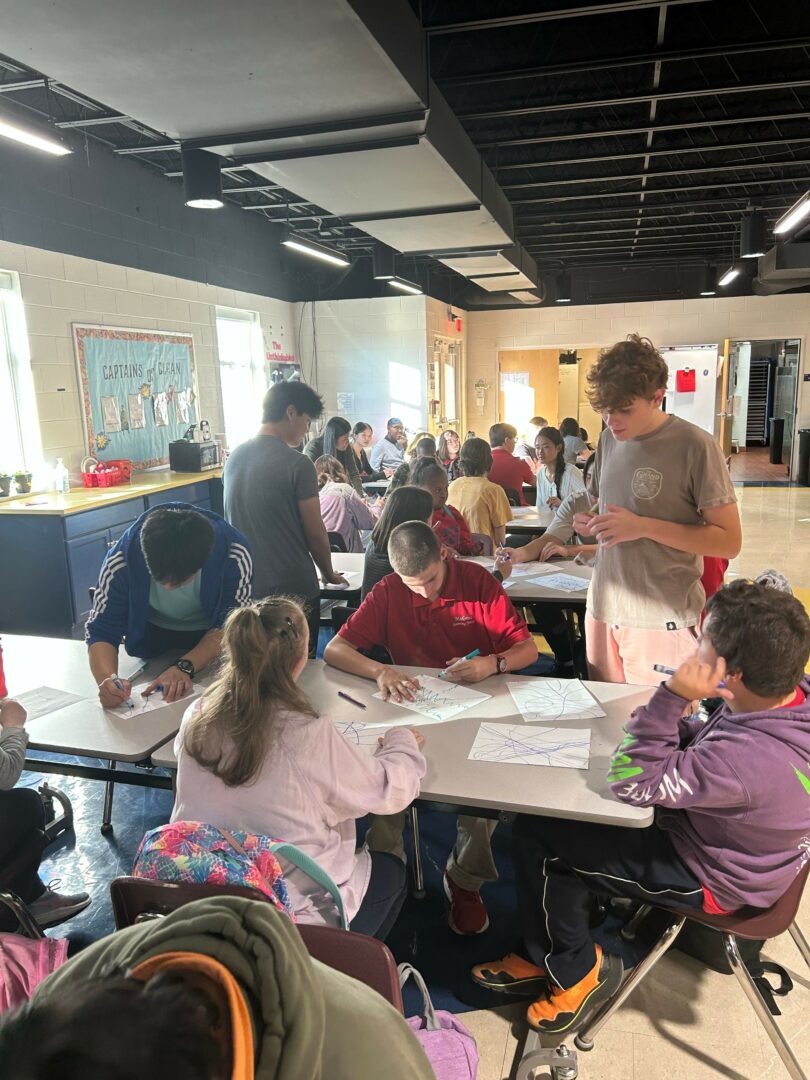
so if you or someone you know deserves recognition please let us know here.

